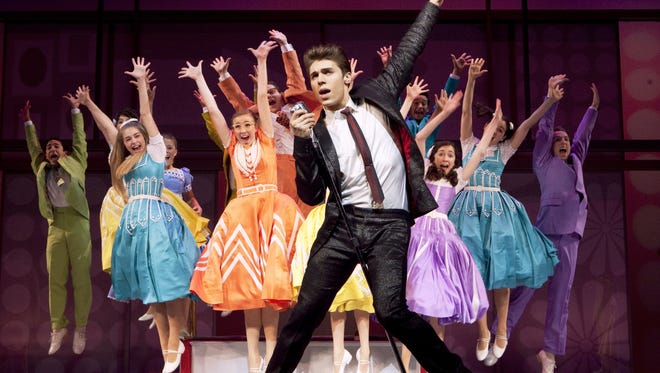
Broadway Flops: Short Runs and Missed Landings
When it comes to musical theatre, there’s no stage quite like Broadway. For many performers and creators, landing a show on the Great White Way is the ultimate dream. However, the reality is that for every hit show that runs for years, there are countless shows that fail to make it beyond the opening night, and some that never make it to the stage at all.
Some of the most well-known examples of shows that never made it to Broadway include “Rebecca,” a musical adaptation of the classic novel that collapsed after allegations of fraud, “The Honeymooners,” which had a successful run at the Paper Mill Playhouse but for which plans of a Broadway transfer never actualised, and “The Monopoly Musical,” which caused a lot of hype in 2017 before fizzling into radio silence.
On the other hand, there are shows that manage to make it to Broadway but struggled beyond that. Recent examples include “Groundhog Day,” a musical based on the beloved film that closed after just five months, “American Psycho,” which closed after just three months despite a strong cast and a loyal fanbase, and “Spider-Man: Turn Off the Dark,” a production plagued by safety issues and financial problems.
So what causes a show to flop on Broadway? One of the biggest factors is the high cost of producing a Broadway show. Even before a show opens, there are countless expenses that need to be covered, from rehearsals to sets to costumes. This can put a significant strain on a show’s budget, and if funding falls through or investors become wary, a show may never make it to the stage.
Another factor is the fierce competition for Broadway theatres. There are only so many theatres available, and demand is high. Shows that are unable to secure a theatre may have to postpone their opening or cancel altogether. Even if a show does secure a theatre, there is no guarantee that audiences will connect with it or that critics will give it positive reviews. This can lead to poor ticket sales and a short-lived run.
However, it’s not just financial and logistical challenges that can lead to a Broadway flop. Sometimes, a show simply fails to resonate with audiences, or it’s overshadowed by other shows that are running at the same time. The theatre industry is notoriously fickle, and even the most talented creators and performers can struggle to find success on Broadway.
Despite the challenges, the dream of Broadway continues to inspire countless writers, composers, and performers. For those who do manage to make it to the Great White Way, the rewards can be immense, both in terms of financial success and artistic recognition. And for those who don’t, there’s always the hope that their next project will be the one that finally lands on Broadway.
In the end, the success or failure of a Broadway show is determined by a complex interplay of factors, from financial concerns to creative differences to pure chance. While some shows may never make it to the stage, and others may have a short-lived run, the dream of Broadway continues to inspire countless artists to keep pursuing their passion for musical theatre.






